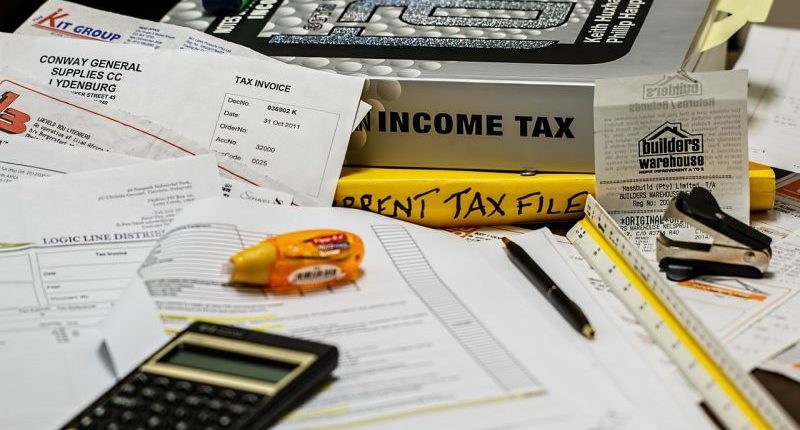The Finance Ministry notified the ‘e-advance Rulings Scheme 2022’, enabling the taxpayers to file applications for advance ruling through email. The e-advance rulings scheme will benefit non-resident assesses in advance ruling proceedings.
e-Advance Rulings Scheme Facilities
The e-advance rulings scheme notified by the Central Board of Direct Taxes (CBDT) conducts video conferencing/video telephony hearings before the board for advance rulings. The taxpayers will get an appropriate opportunity to be heard through the video conferencing/video telephony hearings under the scheme.
There will be a random assignment of requests for rulings to the board through an automated allocation system as per the scheme. The scheme also states that all communications between the income tax authorities/taxpayers and the board for advance rulings will be electronic.
The board for advance rulings will deliver every order or notice or other electronic communication under this scheme to the applicant by sending an email to the registered email address of the applicants or their authorised representatives.
The applicants or their authorised representatives can file their response to an order or notice or other electronic communication under the scheme to the board for advance rulings through their registered email address.
Advance Rulings Under Income Tax Act
Advance rulings are written authoritative decisions or opinions by an authority empowered to give them regardings tax consequences of transactions, including proposed ones. In the Finance Act, 2021, the government made provisions for setting up one or more boards for advance rulings, replacing the authority for advance rulings.
The Income Tax Act provides an advance ruling mechanism to give upfront clarity to specified taxpayers and non-residents regarding the taxability of their transactions in India under the Income Tax laws.
The e-advance rulings scheme will help businesses seek rulings from the board for advance rulings through email to clarify legal positions before entering into transactions. It will also help the non-residents as all correspondences will be through email or electronic mode, and hearing will be through video conferencing. They can participate in these proceedings electronically without the need to travel physically.
For any clarifications/feedback on the topic, please contact the writer at mayashree.acharya@cleartax.in.

I am an Advocate by profession. I interpret laws and put them in simple words. I love to explore and try new things in life.





